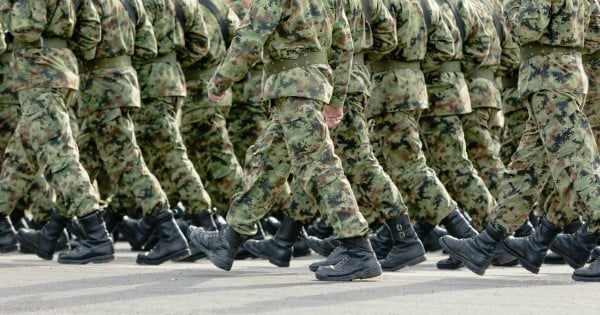
The ANZAC Day motto ‘lest we forget’ is a very powerful phrase, but it takes on an all new potency when we remember that many soldiers literally cannot escape their memories of war.
Post Traumatic Stress Disorder (PTSD) is common in soldiers who return from war. 11 – 20 of every 100 soldiers who have returned from serving in Afghanistan are currently living with with the condition.
Tyson Murray who served in Afghanistan says that number of soldiers who live with PTSD might be even higher than the numbers suggest because many soldiers suppress their mental health issues so they can be deployed again.
Listen to Meshel Laurie discussing PTSD with Tyson Murray.
“If [all soldiers] were honest with the army psychologist, they’d probably put us all in padded cells,” Murray said.
While on the ground in Afghanistan in 2010, a blast killed two of Murray’s fellow soldiers and he didn’t have time to grieve.
“You don’t have time to mourn or really accept what’s happened,” Murray said. “You’re operating at an intensity and a level that’s high that your emotions and your mind don’t really have time to catch-up with what’s happened.”



